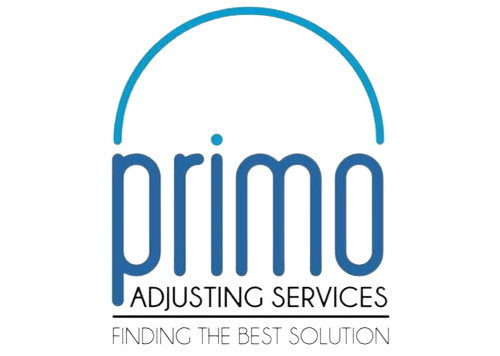SCHEDULE YOUR FREE INSPECTION TODAY - CALL US 786-740-8641
Wildwood Hurricane Milton Damage Claim Experts – Primo Adjusting
In the aftermath of Hurricane Milton, many residents in The Villages, Sumter County, are now left to deal with the considerable damage to their homes and properties. This hurricane, which recently impacted West Florida, brought intense winds, heavy rains, and flooding to many communities. For homeowners, the days and weeks after a storm can be overwhelming. However, knowing how to respond and start the recovery process can make a significant difference.
Assessing Home Damage After the Storm
Once the hurricane has passed, it’s important to prioritize safety before evaluating any damage to your home. Inspect your property with caution, looking out for downed power lines, flooding, and structural damage. Avoid entering any areas that appear unstable.
Take a thorough look at your home’s exterior, paying particular attention to:
Roof damage: Missing shingles, holes, or debris impacts.
Windows and doors: Cracks, shattered glass, or broken seals.
Water damage: Check for signs of flooding around your foundation and inside your home.
External Links:
For additional guidance on hurricane recovery, the [FEMA website](https://www.fema.gov) provides a comprehensive resource hub for storm response and safety protocols.
Common Types of Hurricane Damage
The damage caused by hurricanes like Milton can vary widely depending on the storm’s intensity and location. Some common types of property damage to be aware of include:
Roof and Shingle Damage: High winds can tear off shingles and expose the roof to further water damage. Look for missing or broken shingles, leaks in the attic, and signs of water intrusion.
Flooding: Heavy rainfall often leads to flash floods, which can cause significant water damage to your home’s foundation, walls, and flooring. Even after the floodwaters recede, mold and mildew can quickly set in, complicating the recovery process.
Wind Damage: Strong winds can knock down fences, trees, and outdoor structures while also blowing debris that can cause windows to shatter or siding to crack.
External Links: Thea [National Weather Service](https://www.weather.gov) provides regular updates on storm-related hazards, so it's a good idea to stay informed on what to expect from future storms.
Filing an Insurance Claim for Hurricane Milton Damage
One of the most critical steps in your recovery process is filing an insurance claim. While it may seem daunting, acting quickly and efficiently can improve the chances of receiving compensation for repairs. Here’s what you should do:
Contact your insurance provider: Notify your insurance company as soon as possible and provide them with all necessary documentation, including photos and a detailed description of the damage. The more information you provide, the faster they can process your claim.
Understand your coverage: Review your homeowner’s insurance policy to understand what’s covered. Keep in mind that standard policies may not cover flood damage, so if you’ve purchased separate flood insurance, you’ll need to file a second claim for any water damage.
Work with an adjuster: Your insurance company will send an adjuster to assess the damage. Be sure to accompany them during their inspection to ensure that all affected areas are adequately documented.
External Links:
For more information on disaster recovery assistance, visit
https://www.ready.gov/, which offers practical advice for homeowners during emergencies.
The Importance of Professional Help
Managing the aftermath of a hurricane is stressful. Between ensuring your family’s safety, securing temporary housing, and handling the insurance claim process, the task can feel overwhelming. This is where a professional property damage adjuster can make a difference.
At Primo Adjusting Services, we specialize in helping homeowners recover compensation for damages or losses, especially after natural disasters like Hurricane Milton. Our team of experts will work on your behalf to ensure that you get the maximum amount from your insurance claim, helping you rebuild your home and your life. Contact us today to learn how we can assist you during this challenging time.
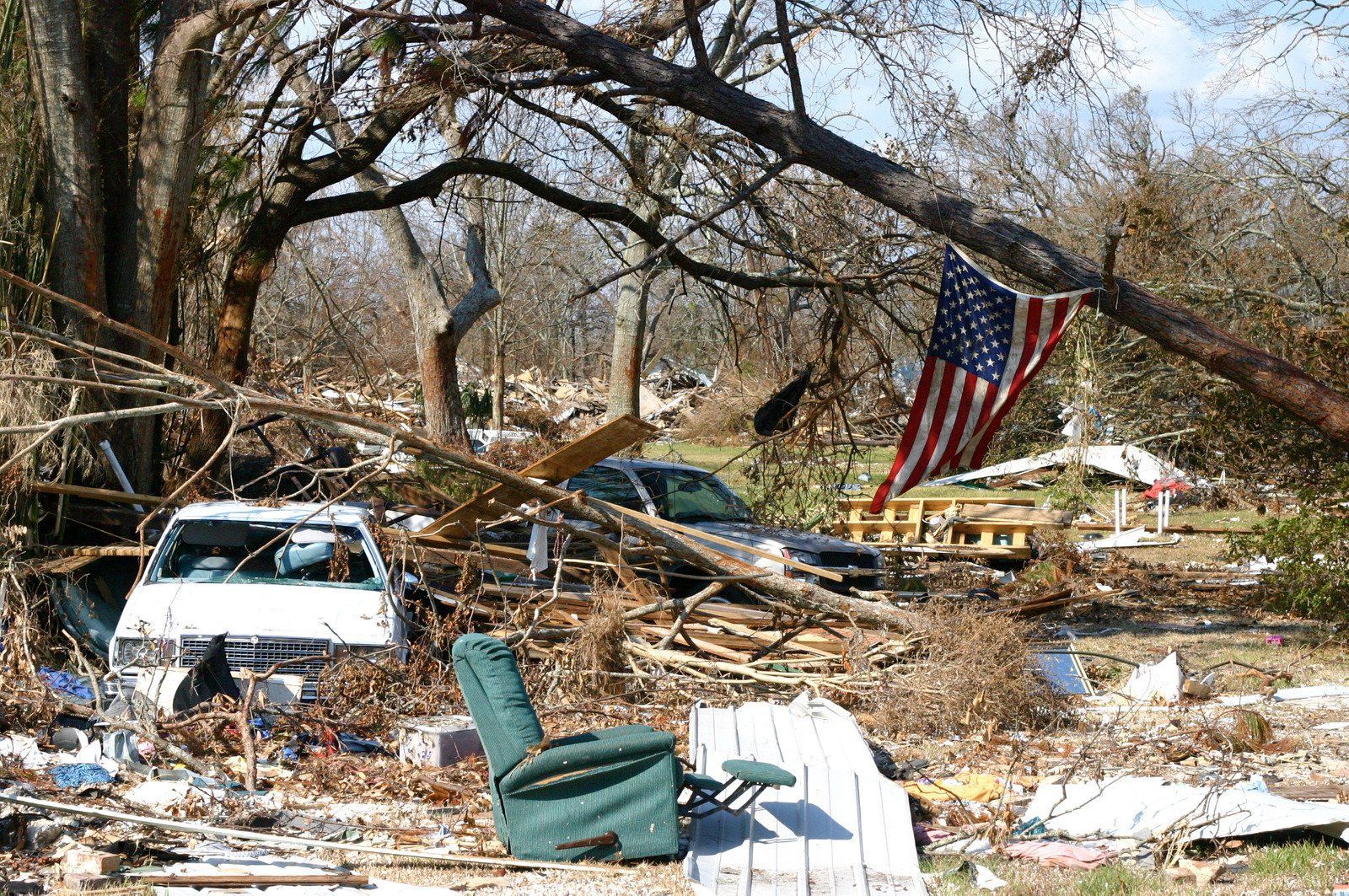

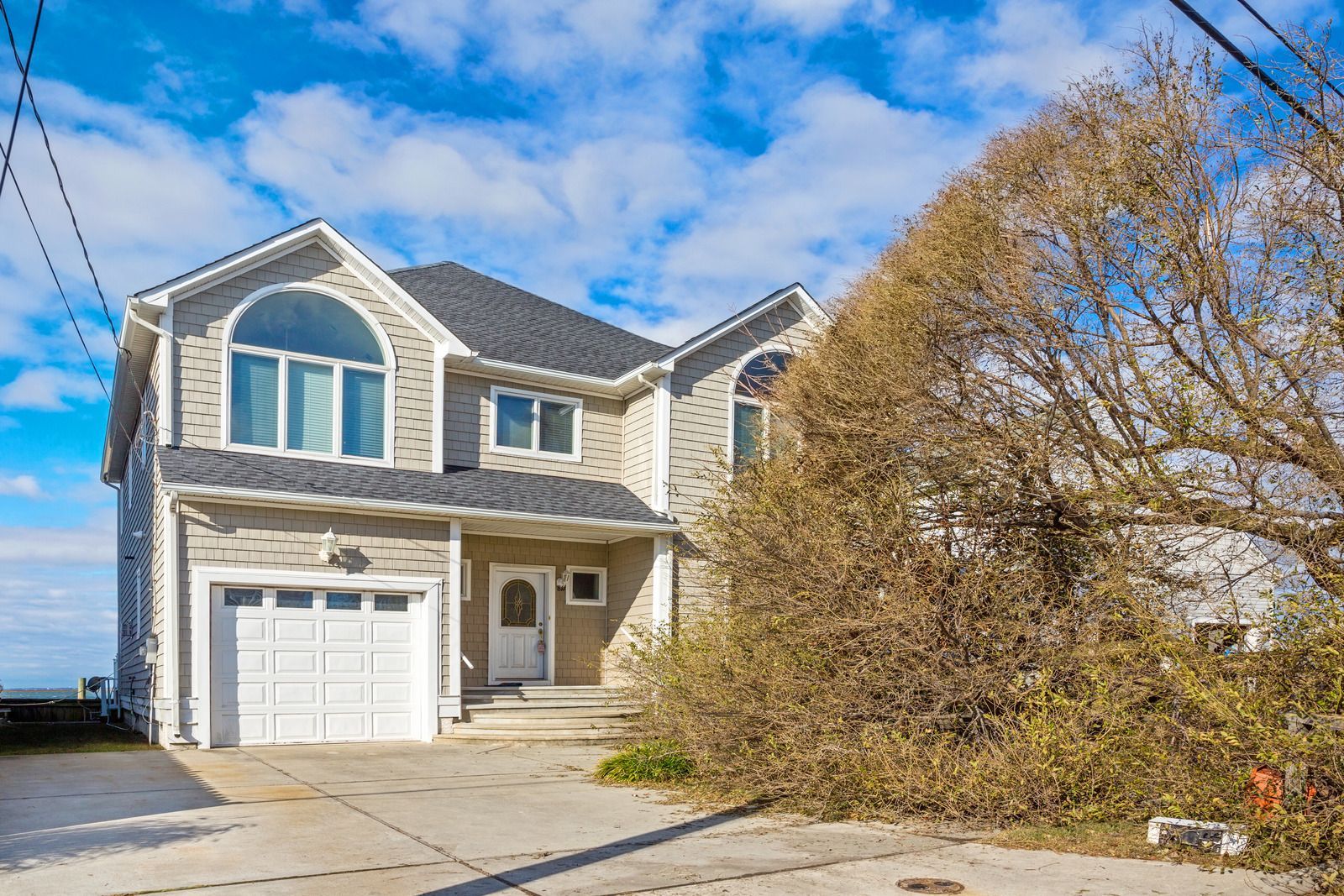
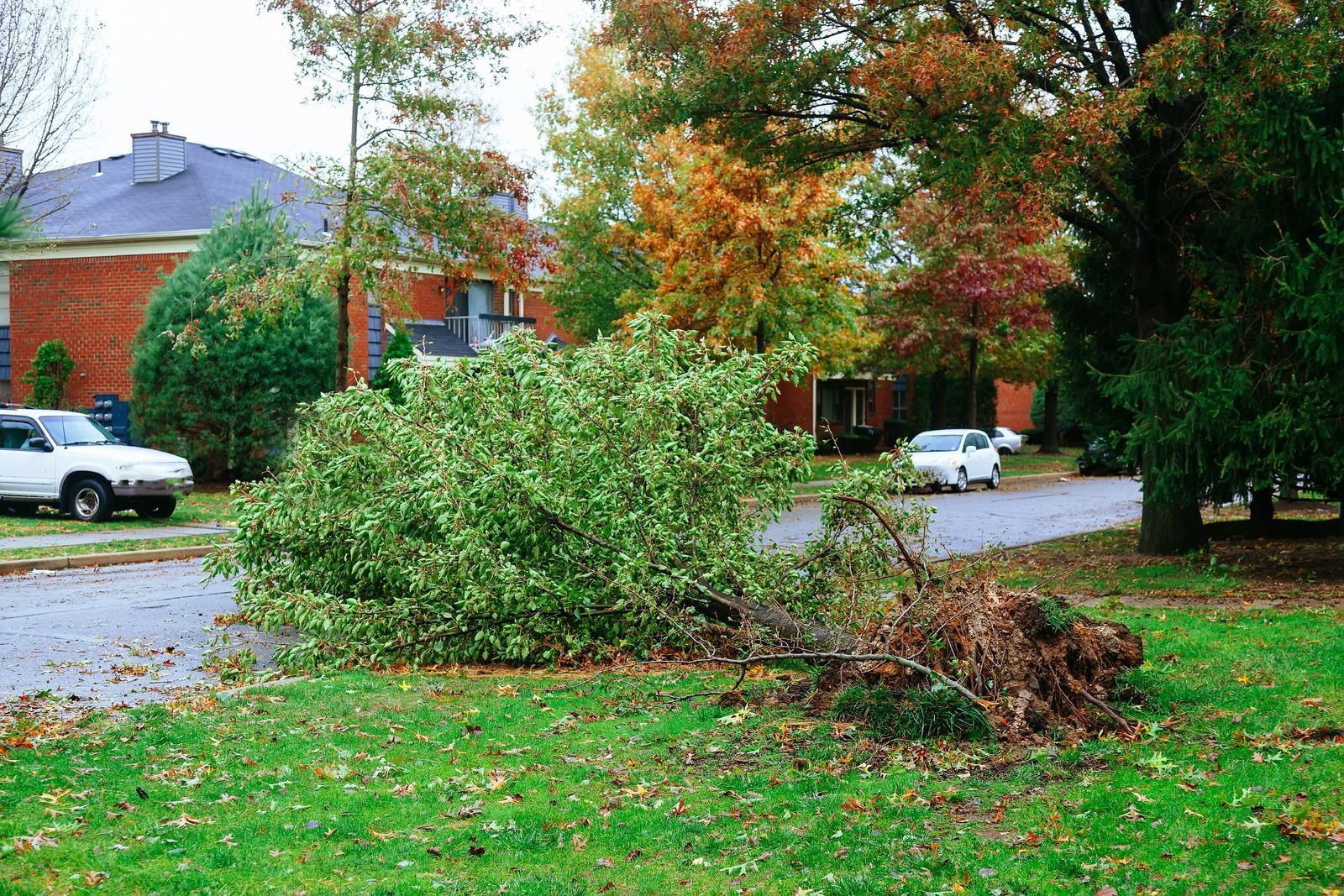
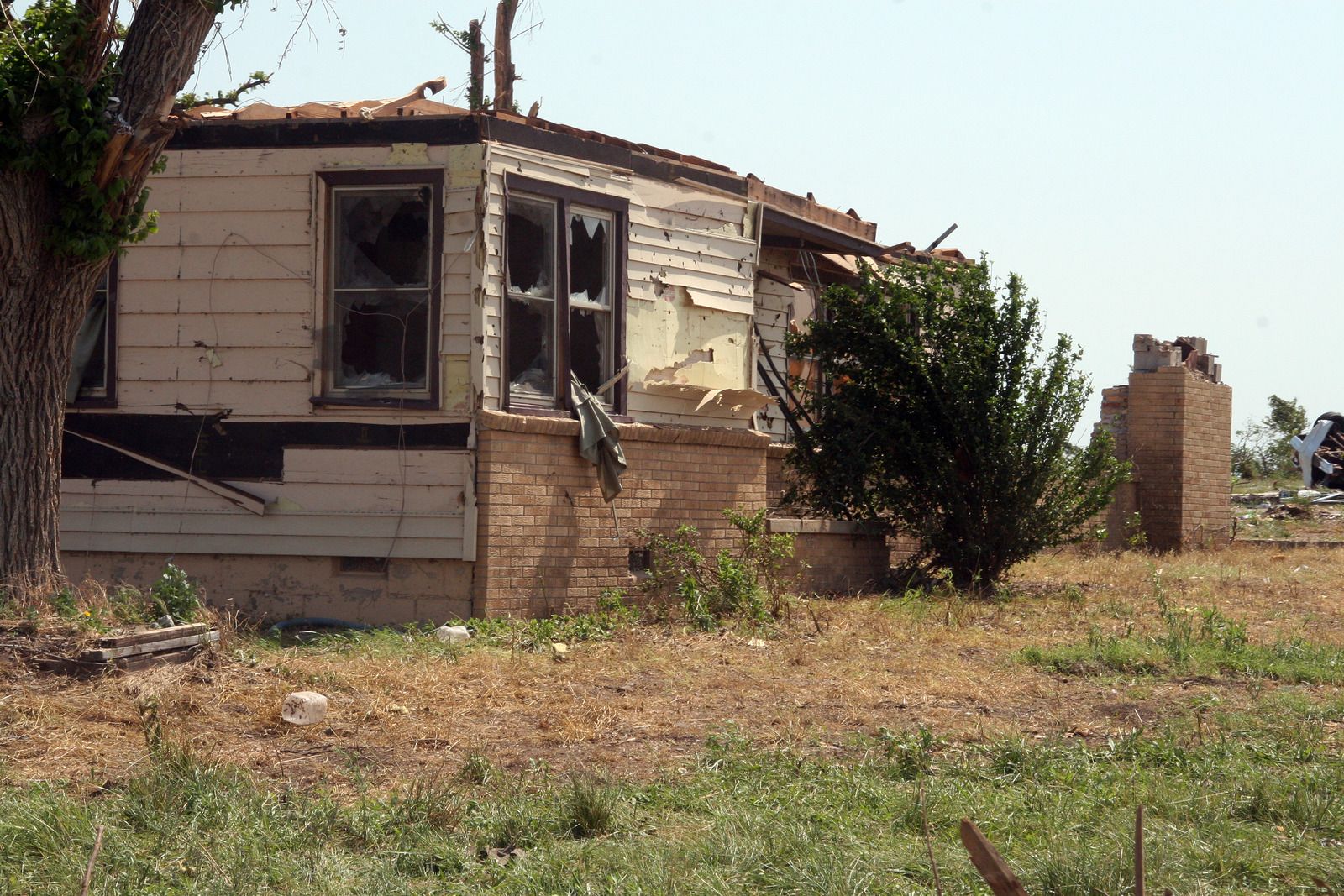

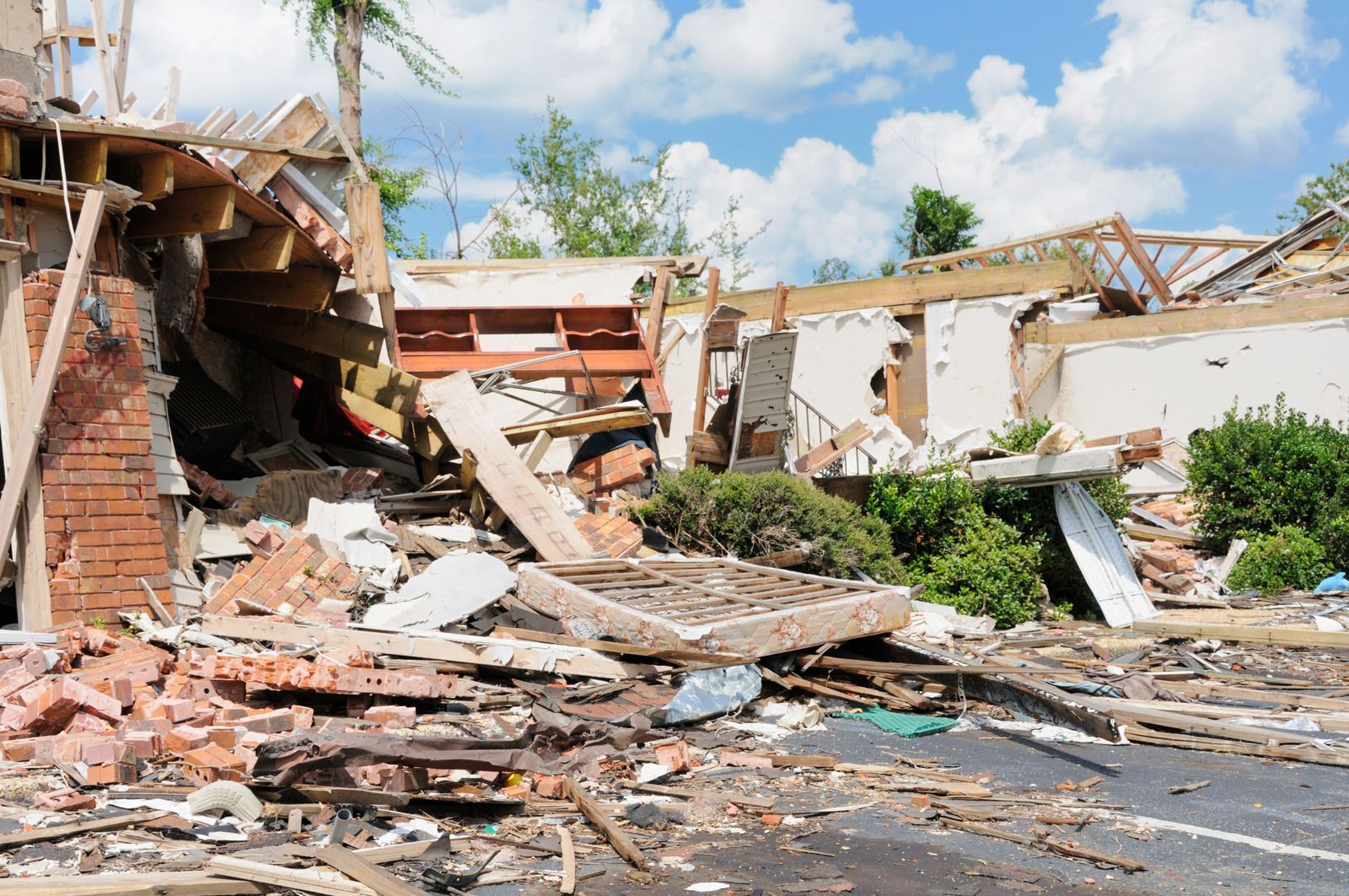
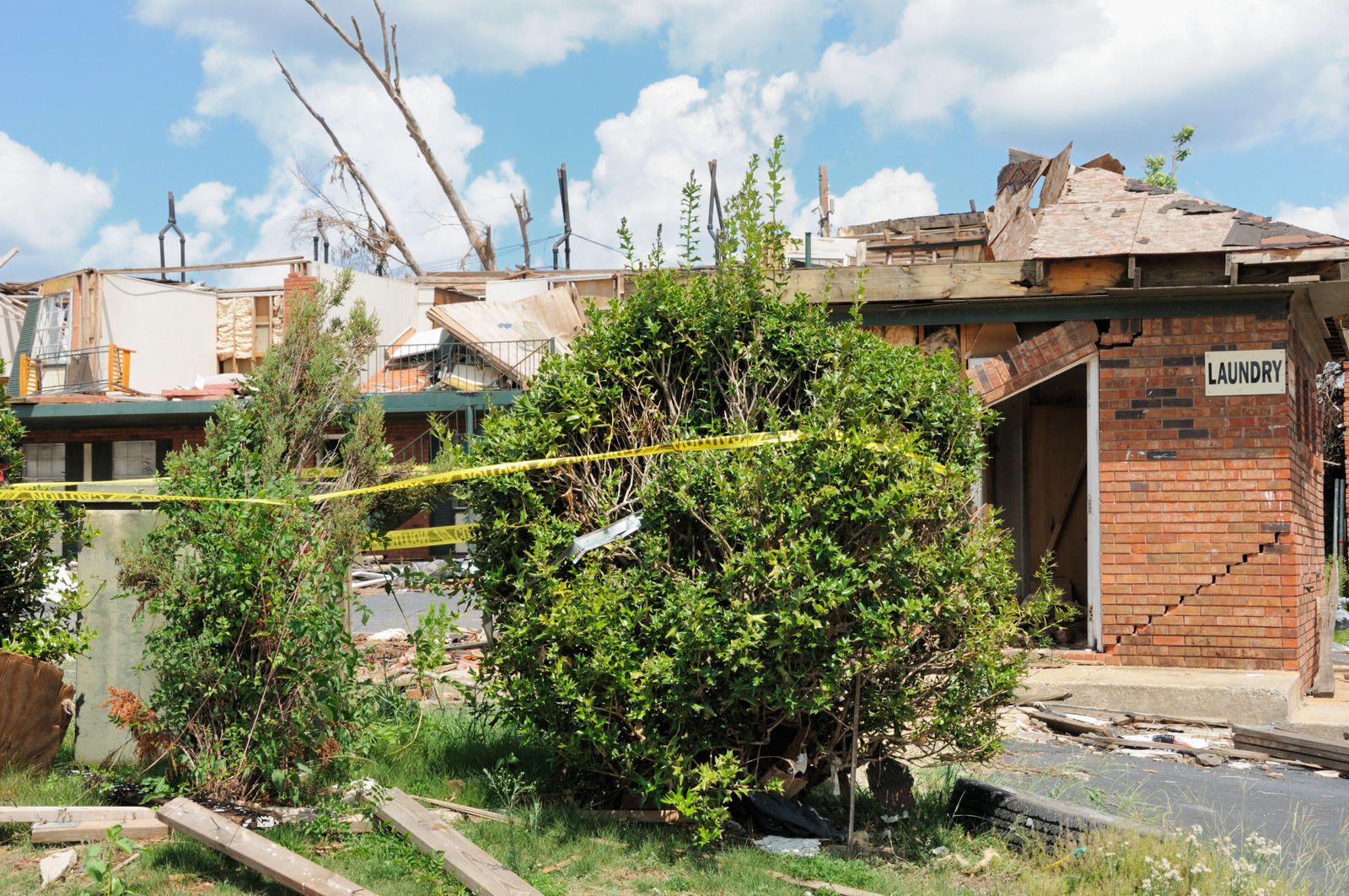
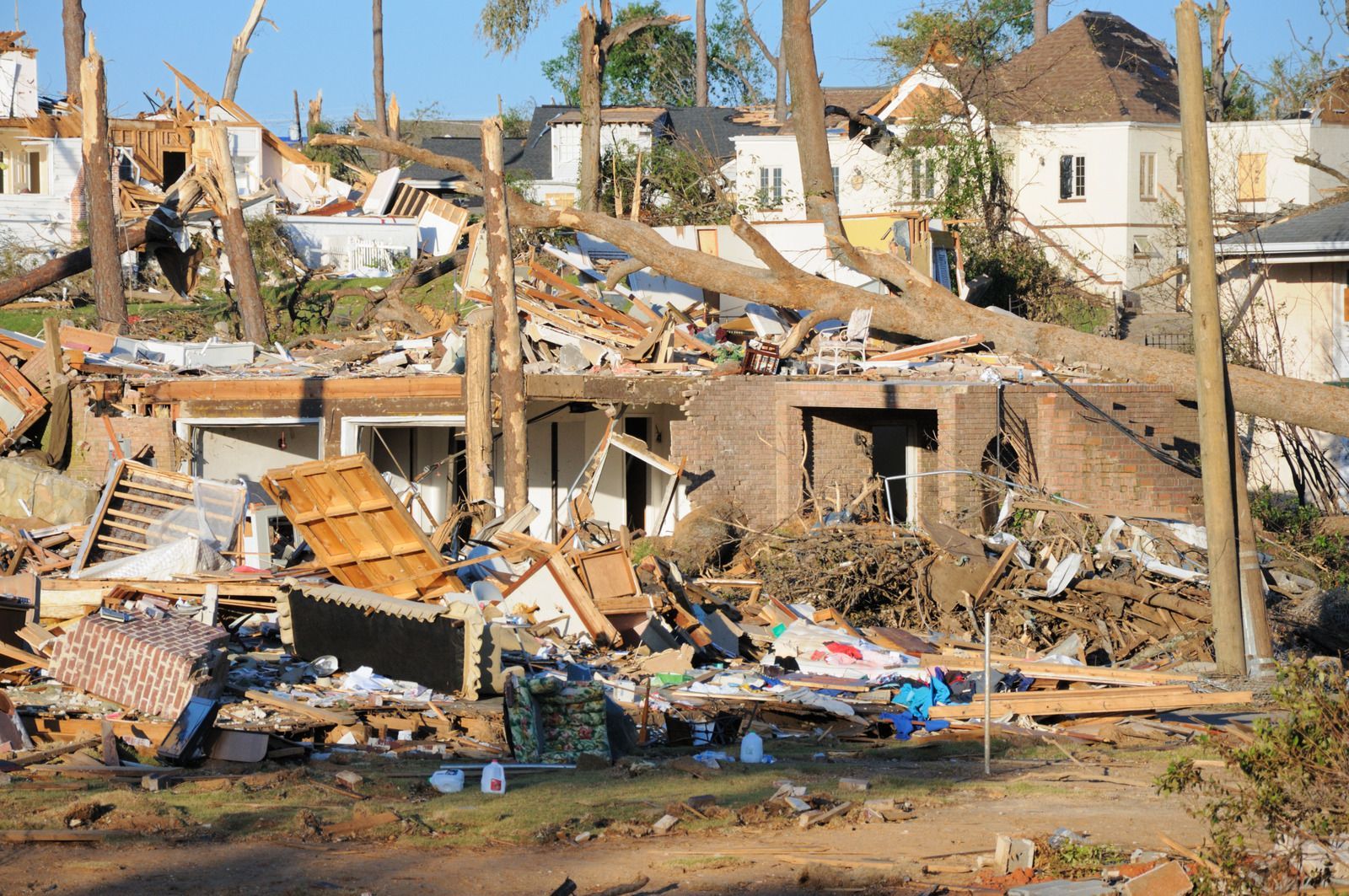
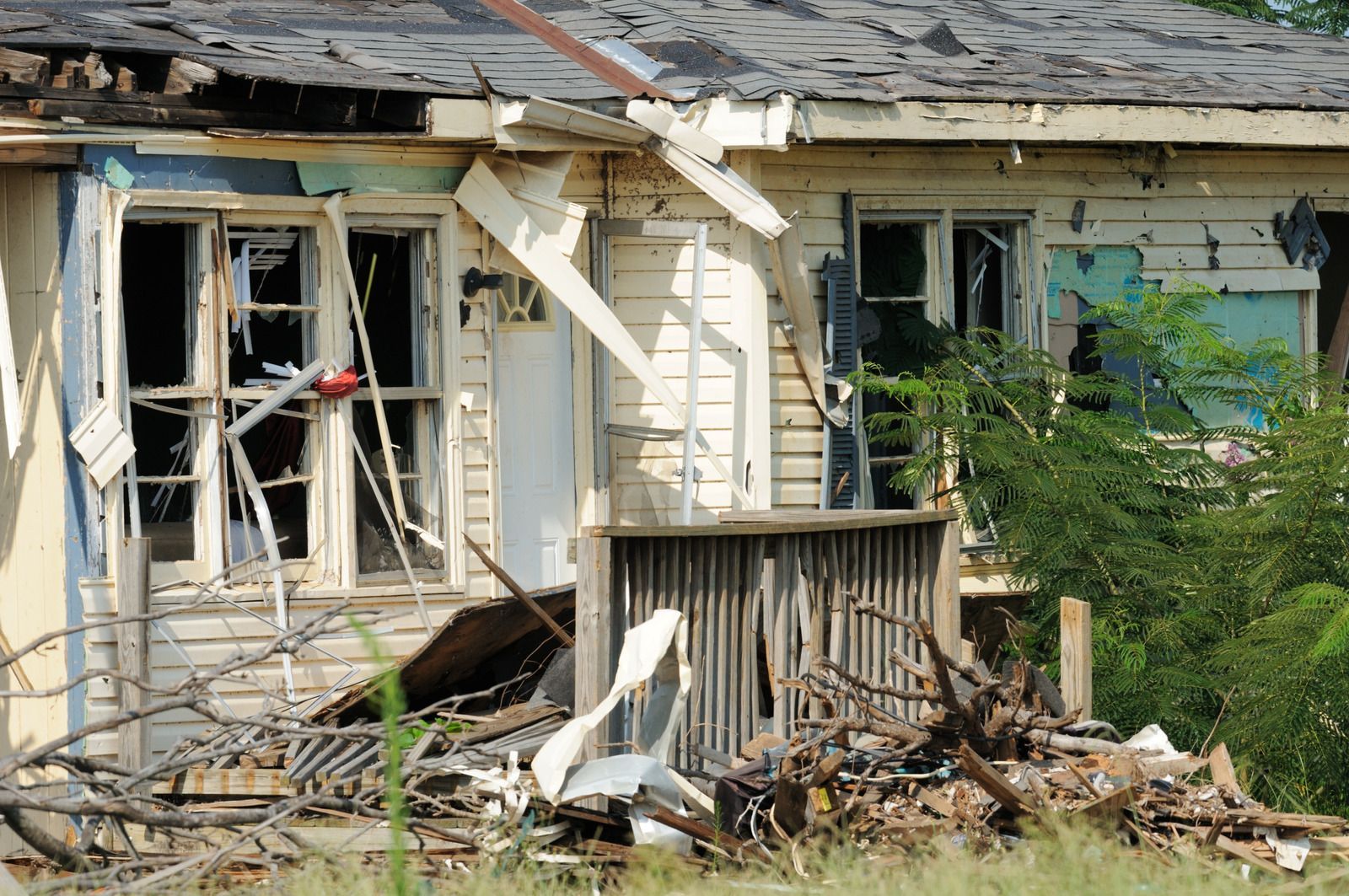

Contact Us Today!

